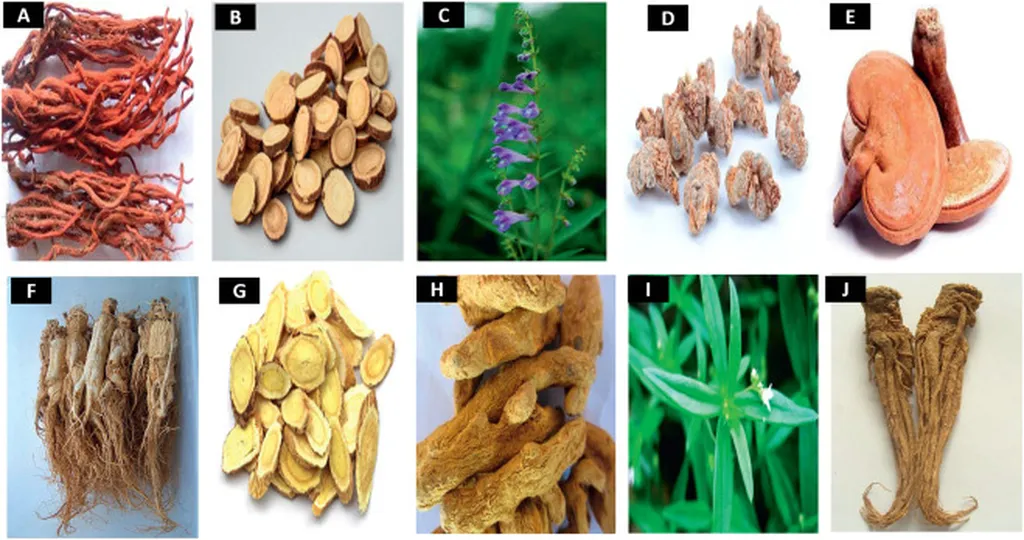In the relentless battle against citrus Huanglongbing (HLB), a disease that has devastated citrus groves worldwide, researchers may have found a promising new ally in an unexpected place: traditional Chinese medicinal herbs. A recent study published in *Open Agriculture* reveals that ethanol extracts from these herbs, particularly from Sophora japonica (SJ), could offer a sustainable and effective way to control HLB, potentially transforming the agricultural landscape.
HLB, caused by the bacterium Candidatus Liberibacter asiaticus (CLas), has wreaked havoc on citrus production, leading to significant economic losses. Current management strategies, such as planting disease-free trees and controlling the Asian citrus psyllid, have proven insufficient in curbing the disease’s spread. The search for alternative solutions has been ongoing, and this study offers a glimmer of hope.
The research, led by Li Yuning of the National Key Laboratory of Green Pesticide at South China Agricultural University, focused on the ethanol extracts of four traditional Chinese medicinal herbs: Sophora japonica (SJ), Lonicera japonica Thunb. (LJT), Taraxaci herba (TH), and Scutellaria baicalensis Georgi (SBG). The study found that all extracts reduced CLas titers, with SJ extract achieving the most significant reduction.
“Our findings demonstrate that Sophora japonica extract can reduce CLas titers by up to 99.1% in field tests,” said Li Yuning, the lead author of the study. “This is a remarkable result that suggests a promising alternative for HLB management.”
The study also revealed that these herbal extracts improved the physiological conditions of HLB-affected plants. They increased photosynthetic pigment concentrations, reduced starch and soluble sugar accumulation, and mitigated oxidative damage caused by reactive oxygen species. Moreover, the extracts helped mitigate soil acidification, with SJ showing the most prolonged effect.
The commercial implications of this research are substantial. If these herbal extracts can be developed into practical, cost-effective treatments, they could provide a much-needed boost to the citrus industry. The use of eco-friendly, sustainable alternatives could also appeal to consumers increasingly concerned about the environmental impact of agricultural practices.
“This research opens up new avenues for the development of green, sustainable solutions for HLB control,” said Li Yuning. “It’s a significant step forward in our fight against this devastating disease.”
The study also compared the efficacy of SJ extract with rutin, an established anti-HLB flavonoid, and found no significant difference in their effectiveness. This suggests that SJ extract could be a viable alternative to existing treatments.
As the agricultural sector grapples with the challenges posed by HLB, this research offers a promising path forward. The use of traditional medicinal herbs in modern agriculture could not only help control the disease but also promote sustainable and environmentally friendly practices. The findings from this study could shape future developments in the field, paving the way for innovative and effective solutions to one of the most pressing challenges in citrus agriculture today.

